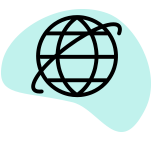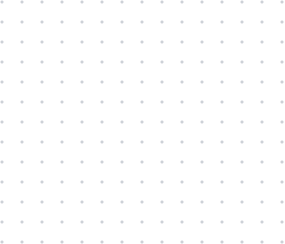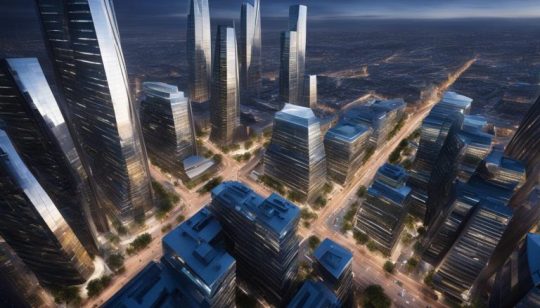Décret BACS : L’obligation des systèmes GTB dans le tertiaire en 2025 | Solutions et enjeux
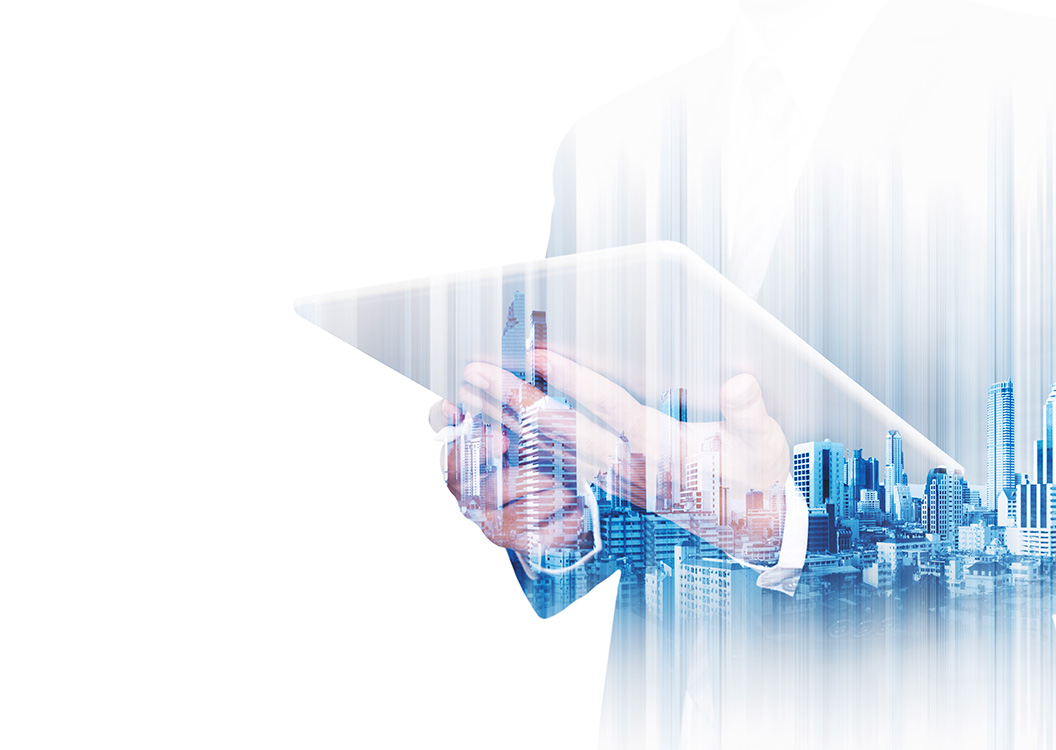

Smart building
Efficacité énergétique
de vos bâtiments


- Conformité au décret bacs garantie


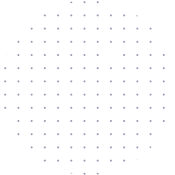
Efficience énergétique
Economisez de 15 à 40% d'énergie
Nous pilotons vos bâtiments au quotidien pour réduire vos dépenses d’exploitation, faire des économies d’énergies en volume et de façon durable mais aussi atteindre les objectifs du décret tertiaire et la mise en œuvre du décret BACS.
UNIQUE SUR LE marché
Une approche exclusive pour garantir la performance de votre parc
Notre solution innovante permet de piloter à distance la performance énergétique globale des bâtiments.
Nous garantissons un niveau optimum de résultats par la combinaison exclusive d’algorithmes sur-mesure et d’une équipe d’énergéticiens disponibles 24/7.
Nous pilotons l’éclairage, les systèmes de chauffage-ventilation-climatisation (CVC), la qualité de l’air et le sous comptage des usages.
EFICIA analyse les sites, identifie leur potentiel d’économie d’énergie et y installe des systèmes communicants (capteurs, contrôleurs, automates) afin de piloter vos équipements à distance.

Une équipe pluridisciplinaire d’experts pour accompagner vos projets.
Jour après jour nous réduisons l’impact carbone des bâtiments de nos clients.
Plus de 18 millions de m2 de bâtiments pilotés 24/7 à travers l’Europe.
Offre de service
Nous vous accompagnons
sur tous les sujets
Faq
Questions fréquemment posées
Être capable de couvrir tous vos besoins avec nos propres équipes c’est vous assurer la cohérence de la solution fournie et garantir notre responsabilité sur l’ensemble de notre action.
C’est un centre opérationnel accessible 24/7 avec une équipe d’énergéticiens et de techniciens qui se relaient pour assurer le support et le pilotage de votre parc immobilier.
C’est une notion fondamentale. Produire des économies d’énergies durables impose d’avoir la capacité de piloter en continu les équipements énergivores d’un bâtiment et c’est pour cela que nous avons fait le choix d’être une GreenTech 360°
Le décret tertiaire, entré en vigueur en octobre 2019, précise les modalités d’application de la loi ELAN sur les objectifs de réduction de la consommation énergétique des bâtiments à usage tertiaire français.
Le décret BACS (20 juillet 2020) pour « Building Automation & Control Systems » détermine les moyens permettant d’atteindre les objectifs de réduction de consommation fixées par le décret tertiaire.
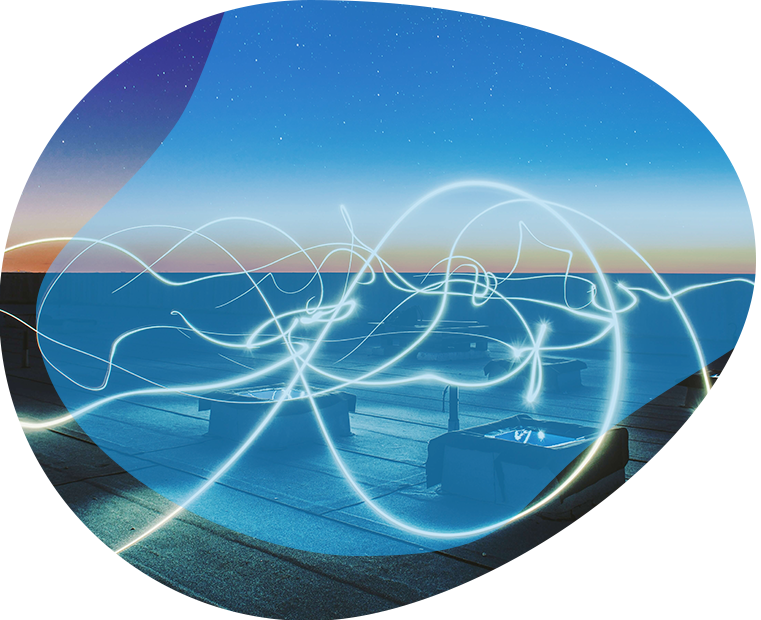



Témoignages
Nos clients parlent de nous
"Cette collaboration participe à notre objectif plus vaste de réduire notre impact climatique à travers différents leviers. EFICIA travaille main dans la main avec nous, tel un véritable partenaire, pour que nous puissions ensemble relever nos objectifs de réduction de consommation, sans attendre qu’une loi ou un décret nous y contraigne. Et nous sommes sur la bonne voie pour relever le challenge que nous nous sommes fixés, puisqu'en 2022, nous avons déjà réduit de 25% notre empreinte carbone."
Nous observons de bons résultats. Le pilotage de nos bâtiments s’est révélé efficace pour gérer à la volée notre politique de sobriété et intégrer les nouveaux usages en matière de pilotage énergétique. La solution de pilotage mise en oeuvre nous permet également de gérer plus rapidement notre exploitation technique et mettre en oeuvre les actions corrective grâce au support 24/7 d'EFICIA.



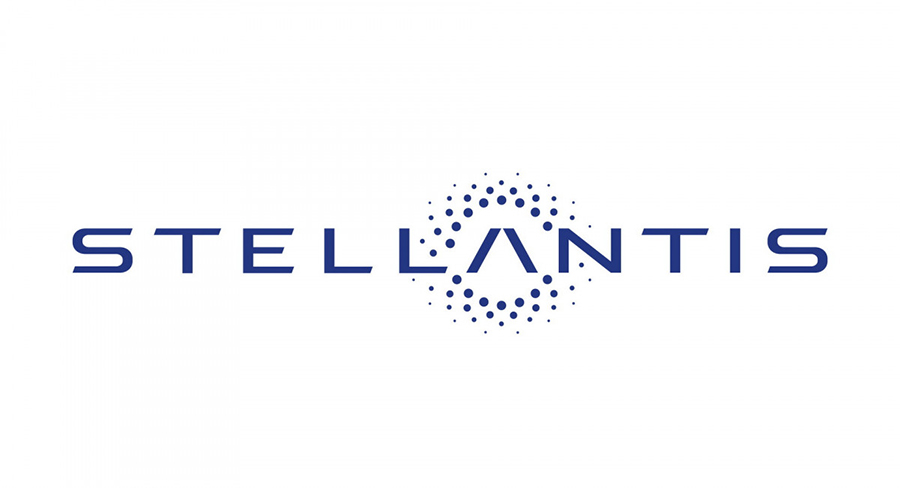



Restons connectés
Contactez-nous
Prenez rendez-vous dès maintenant pour une présentation de nos solutions
Blog







